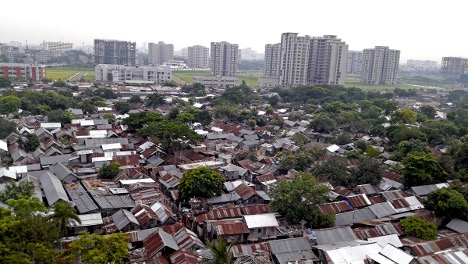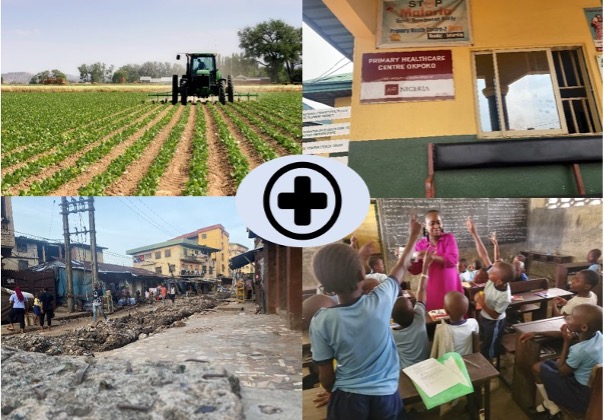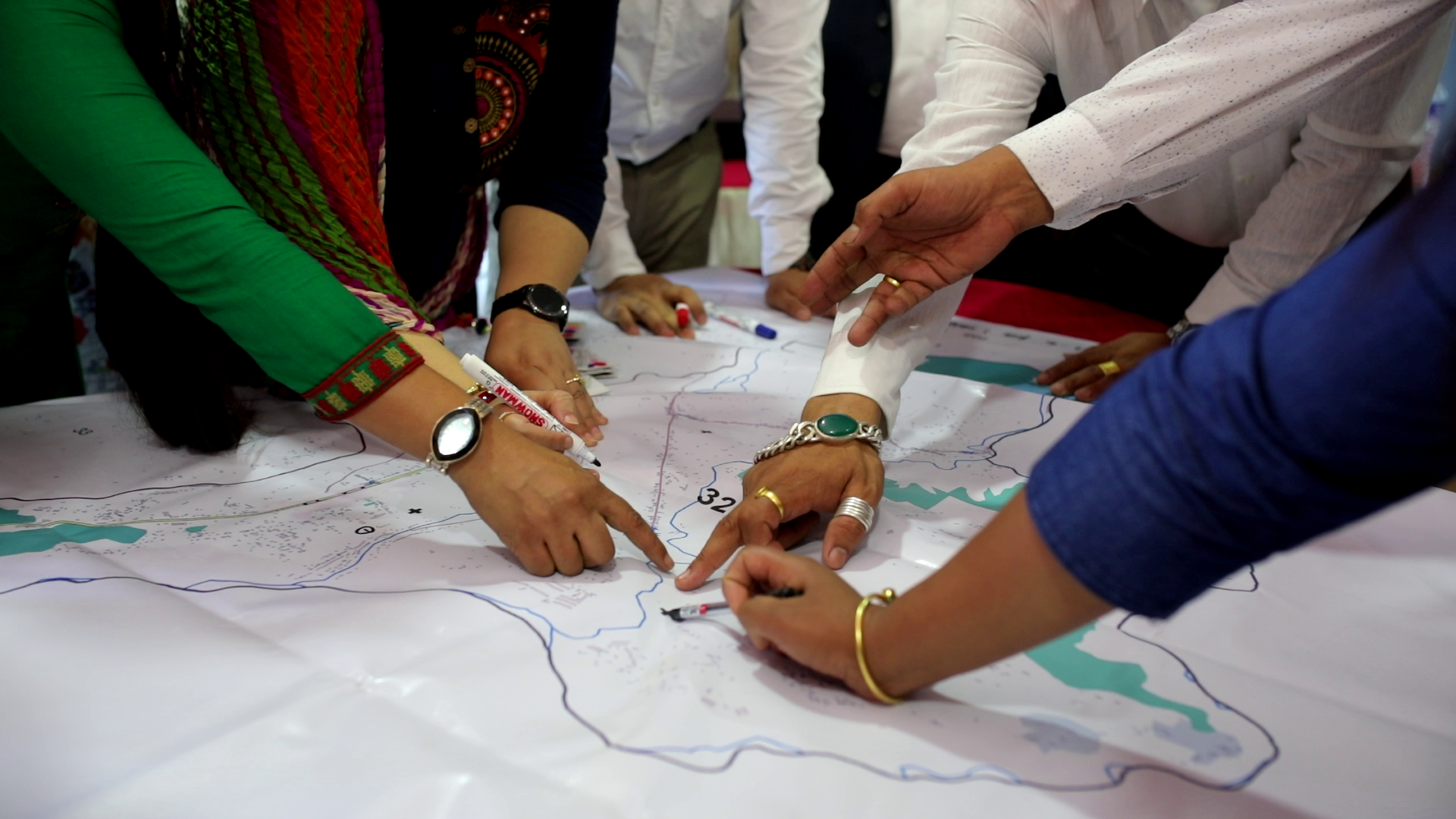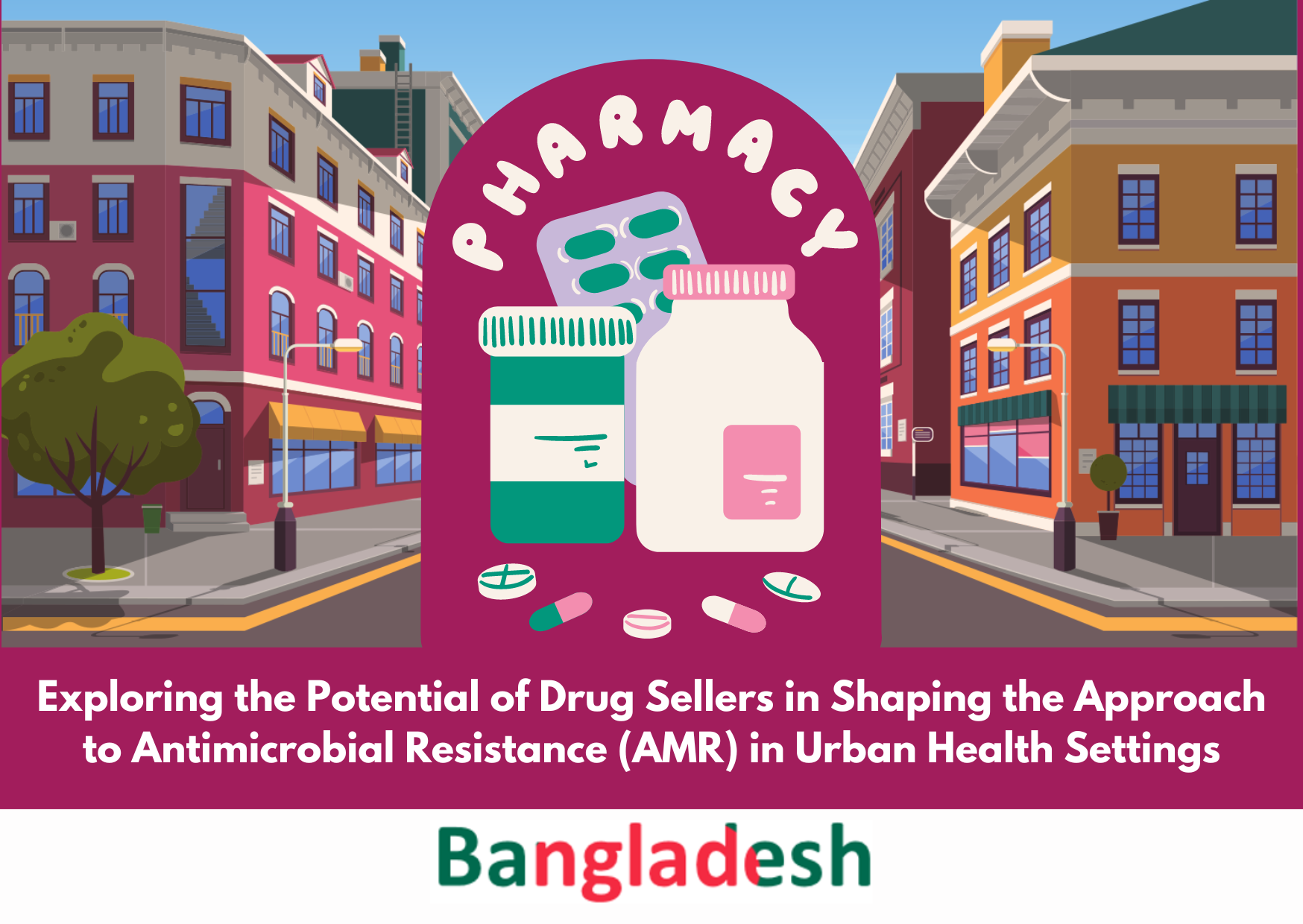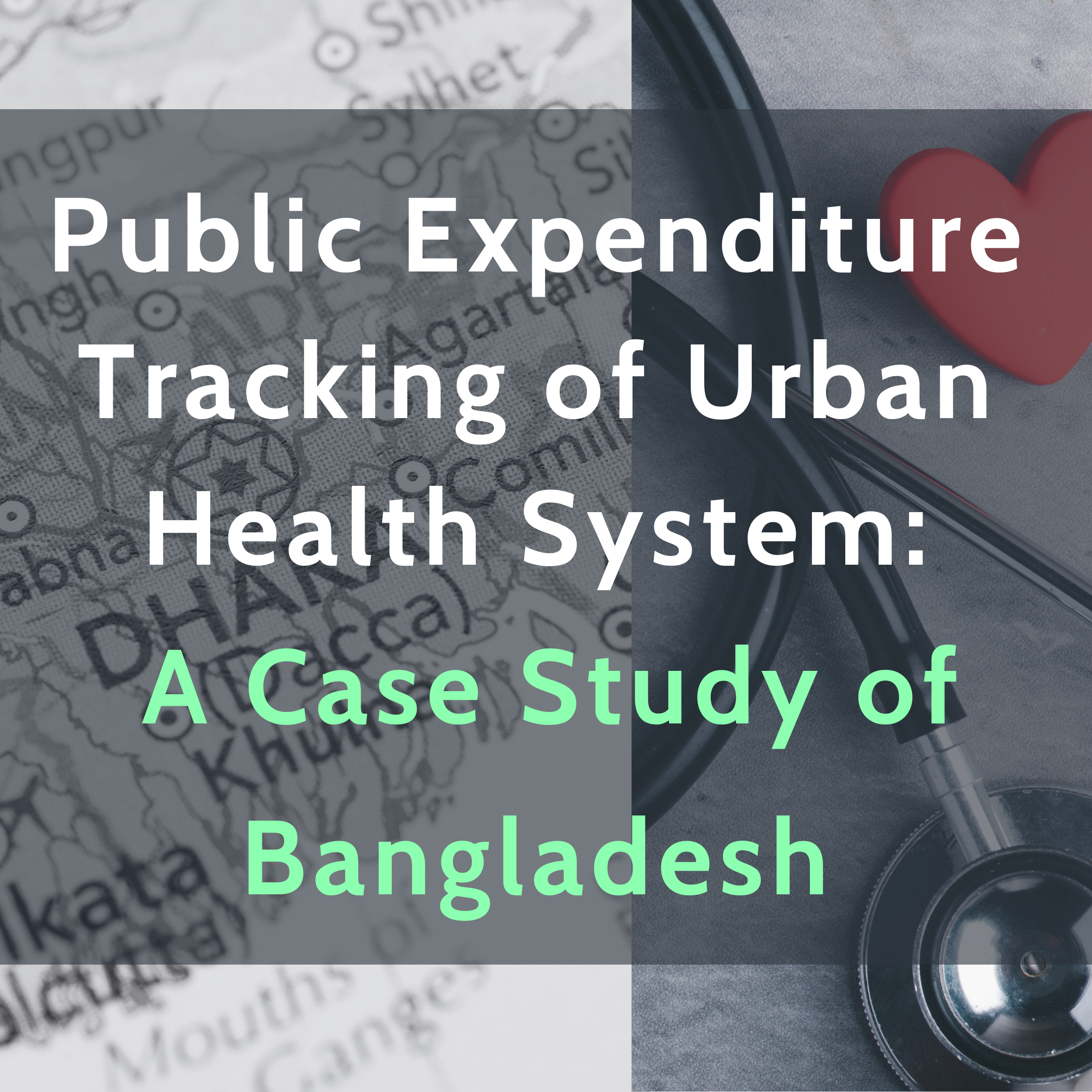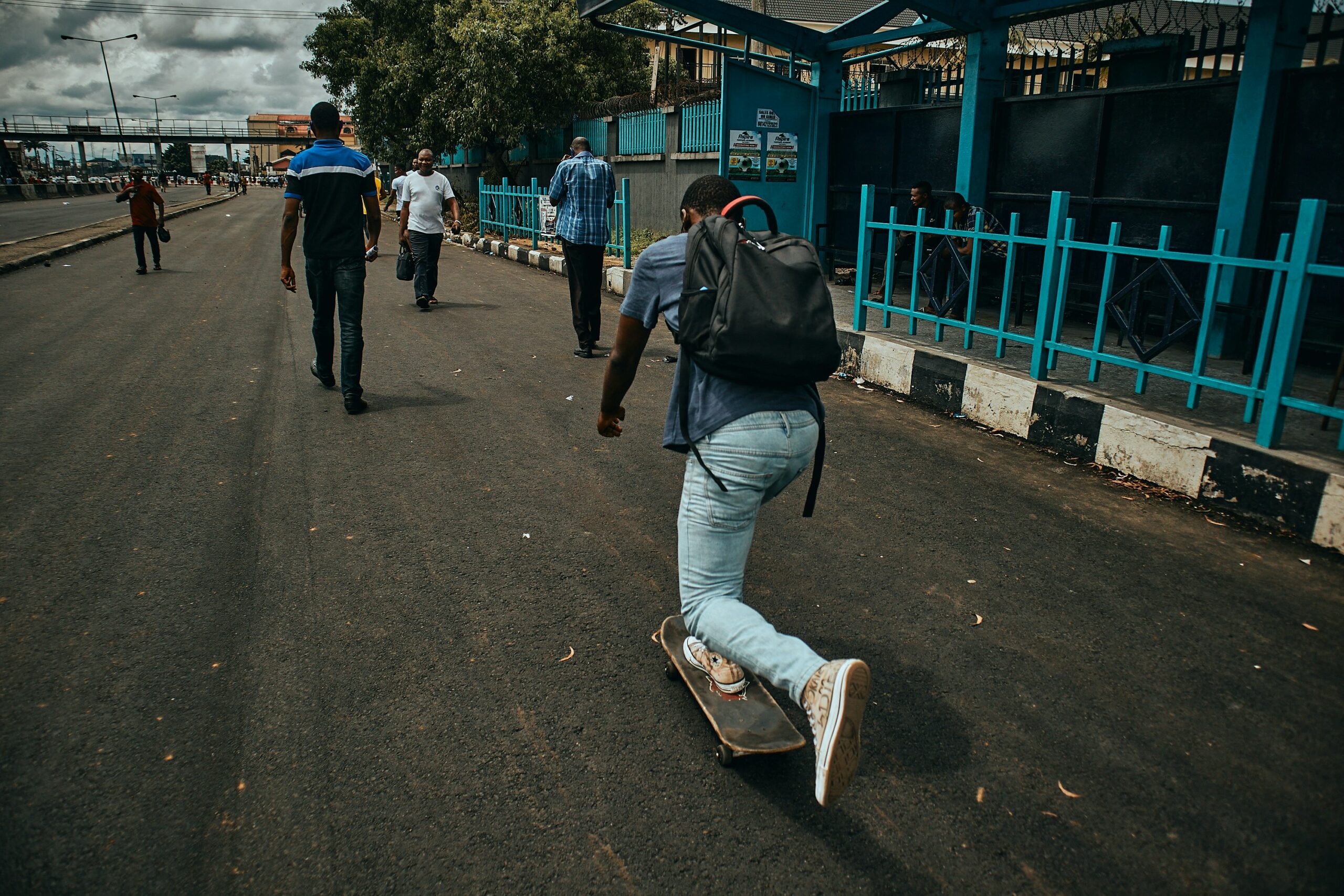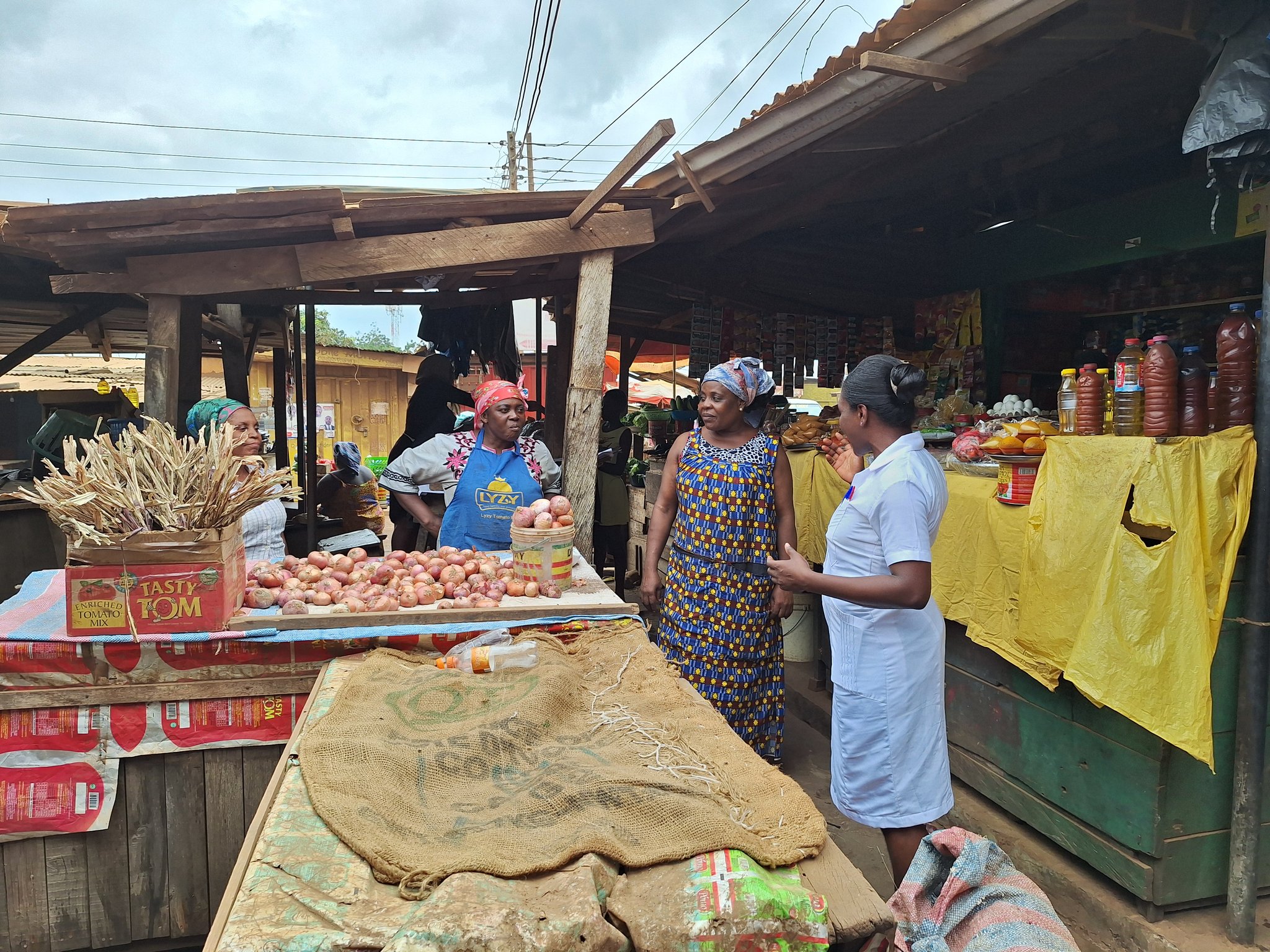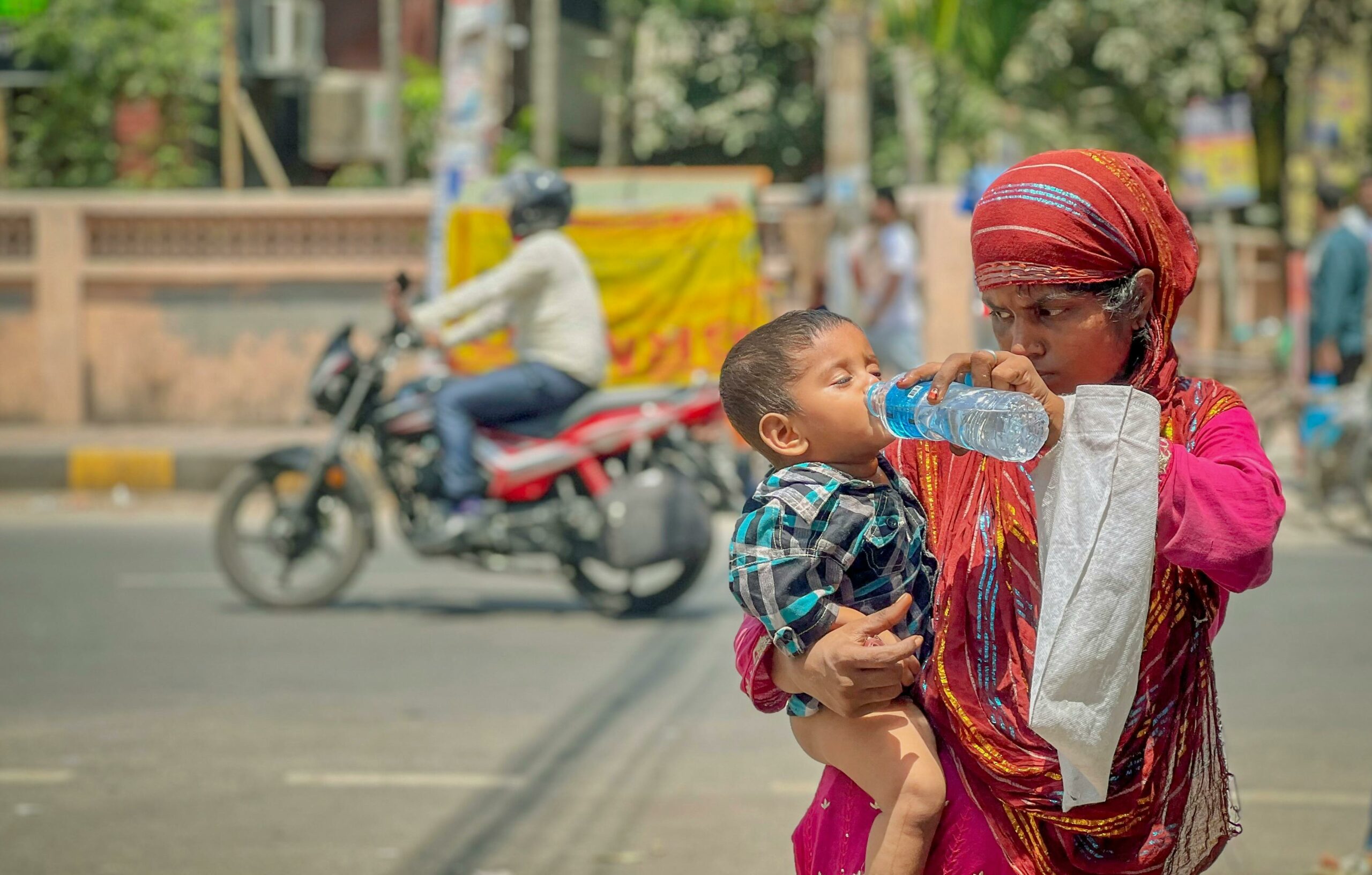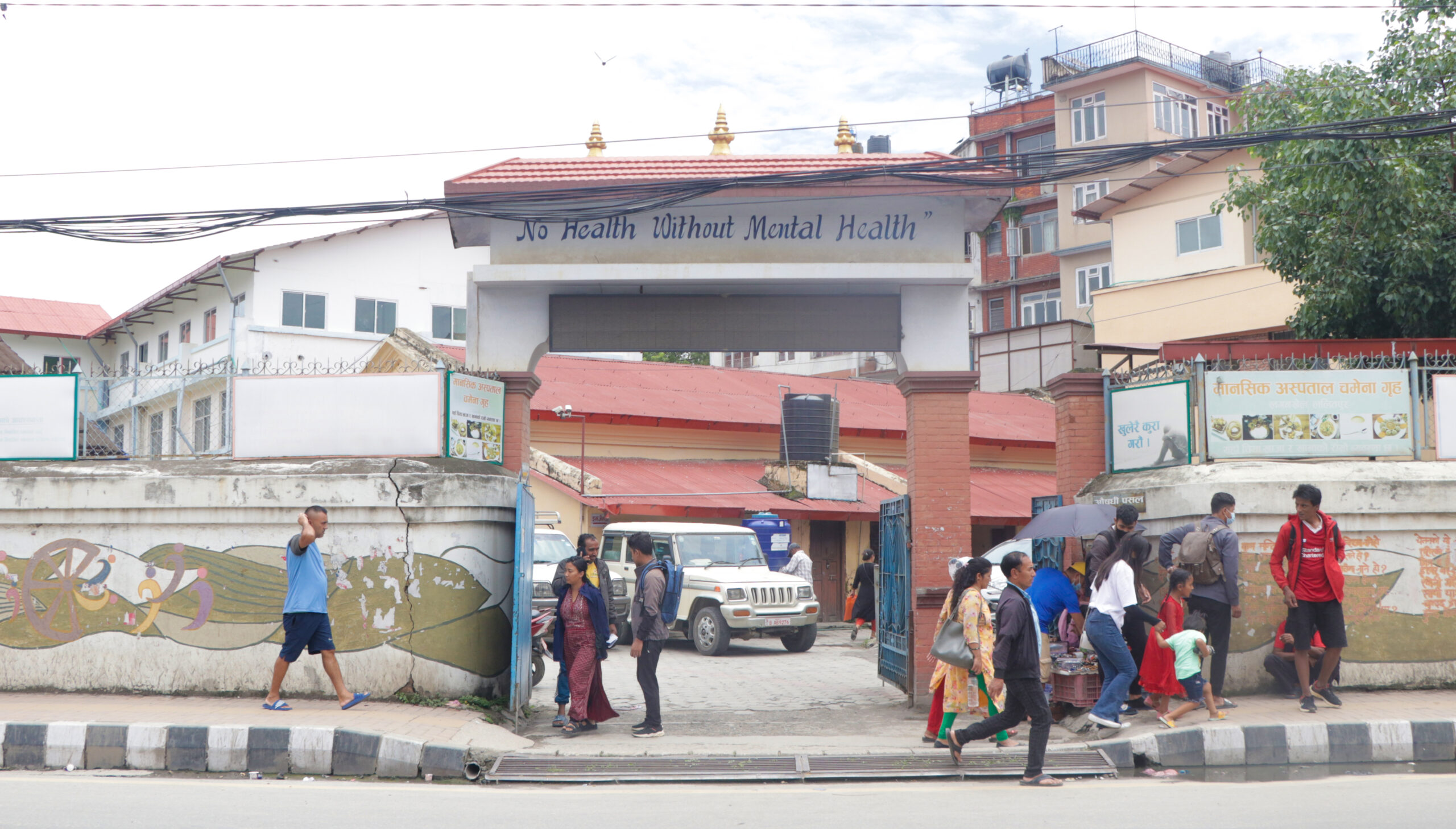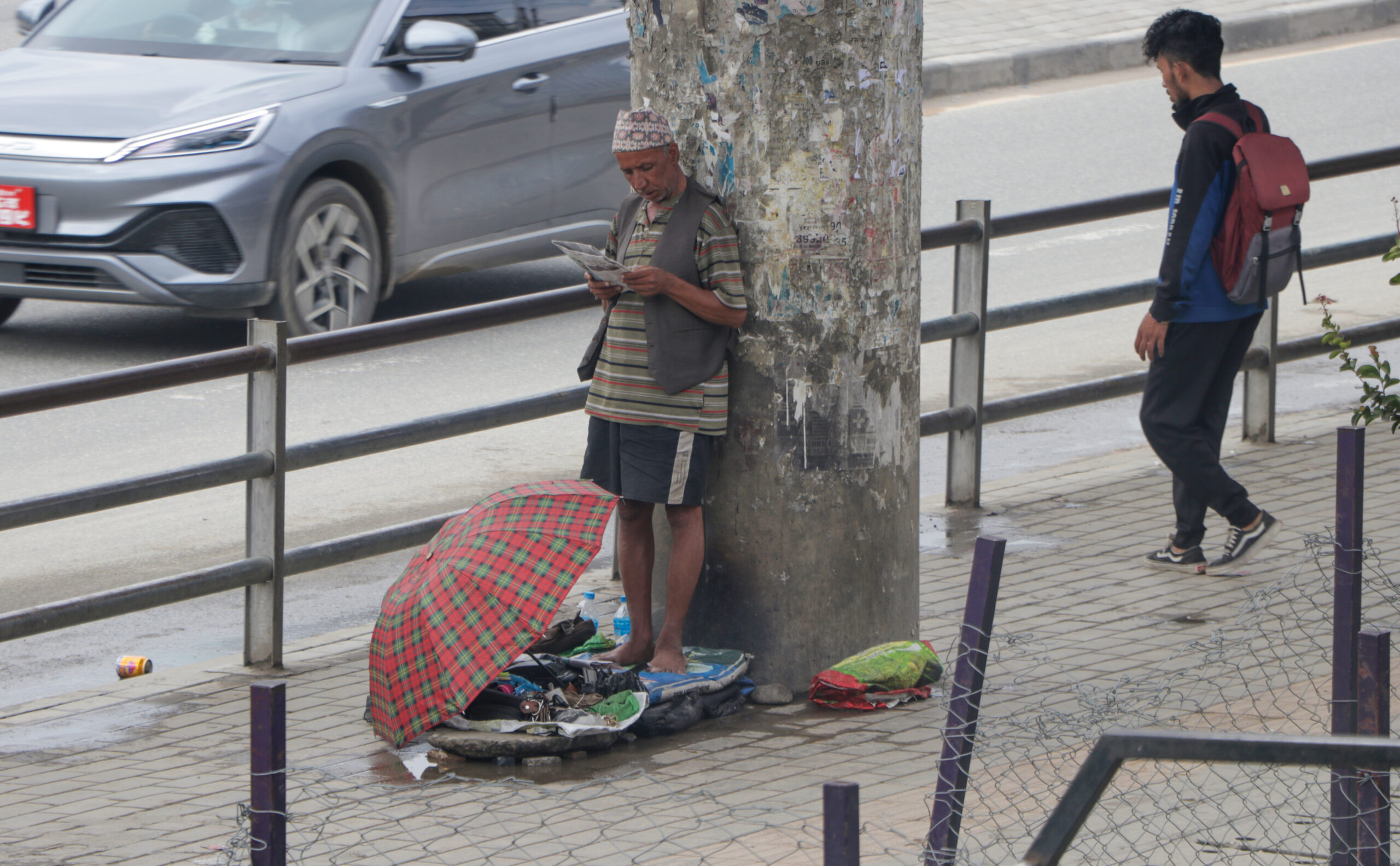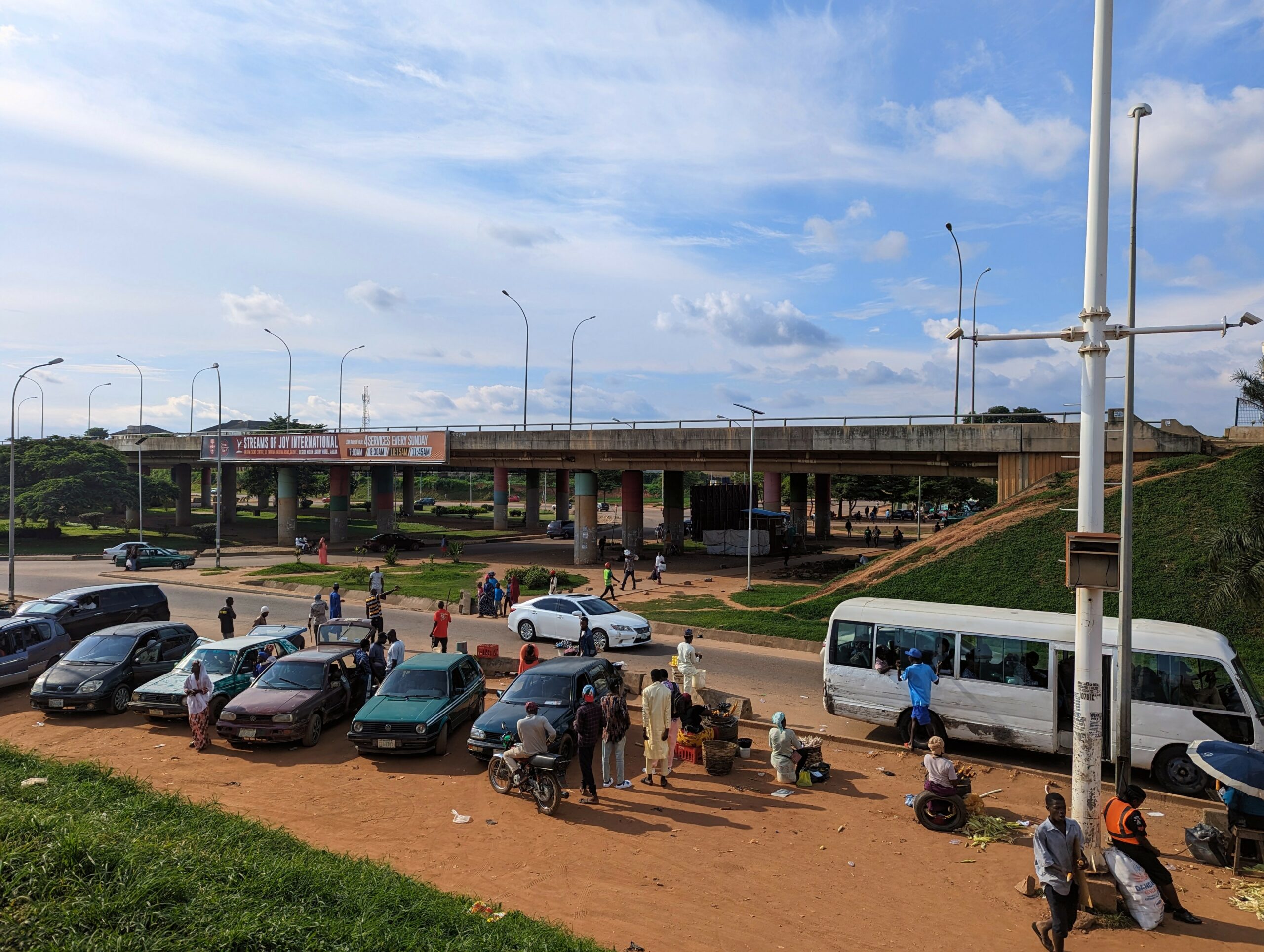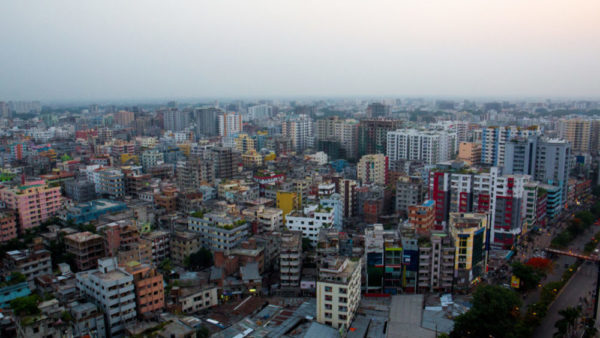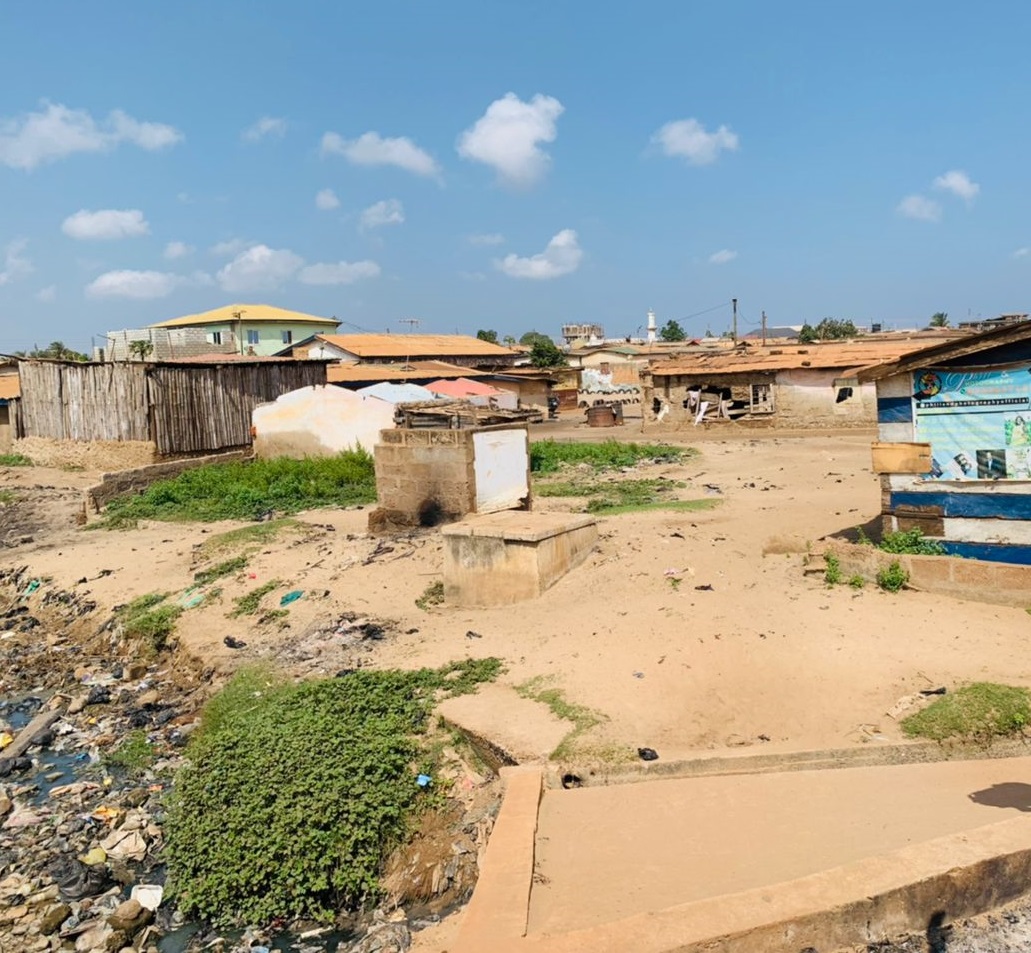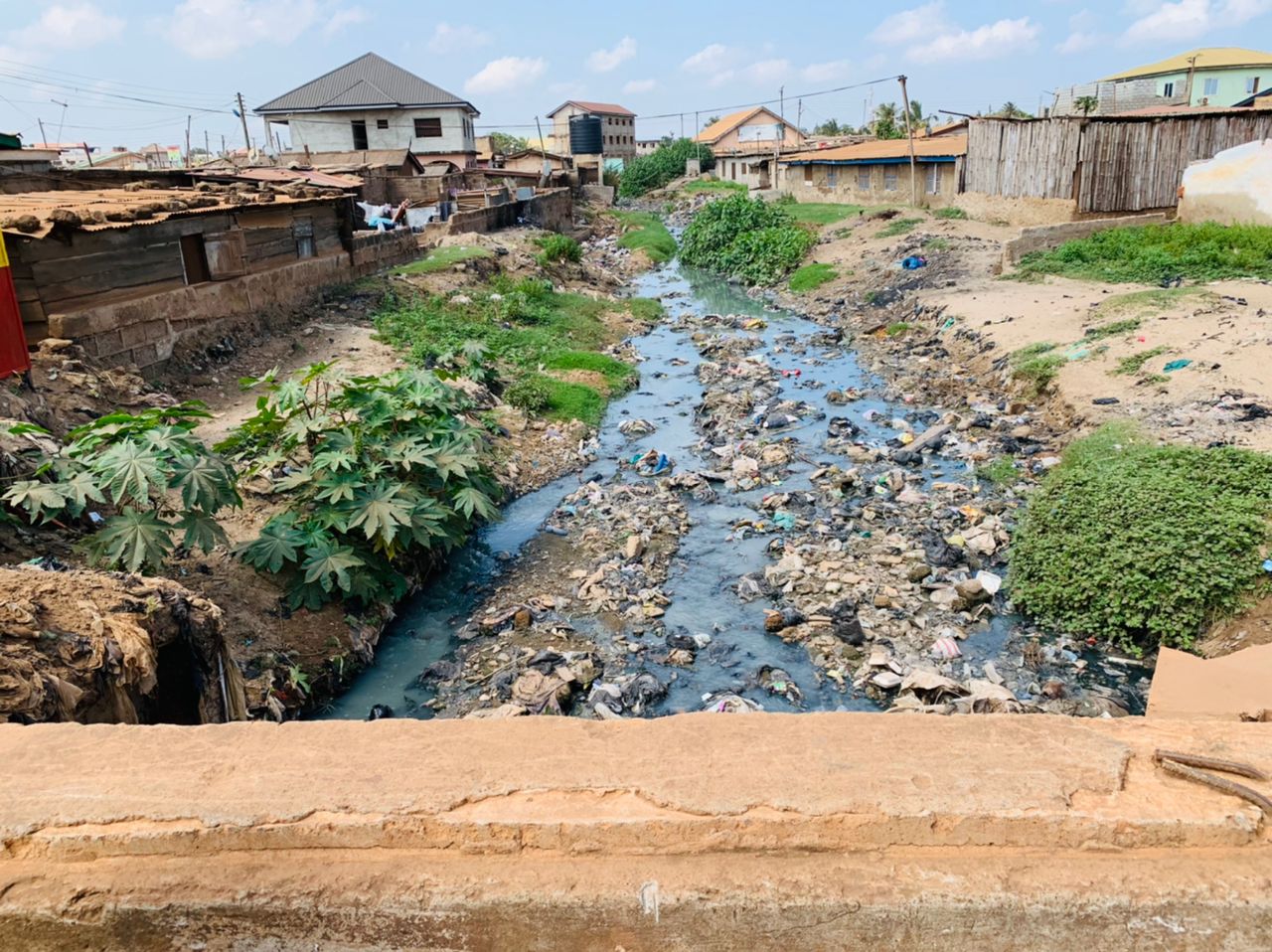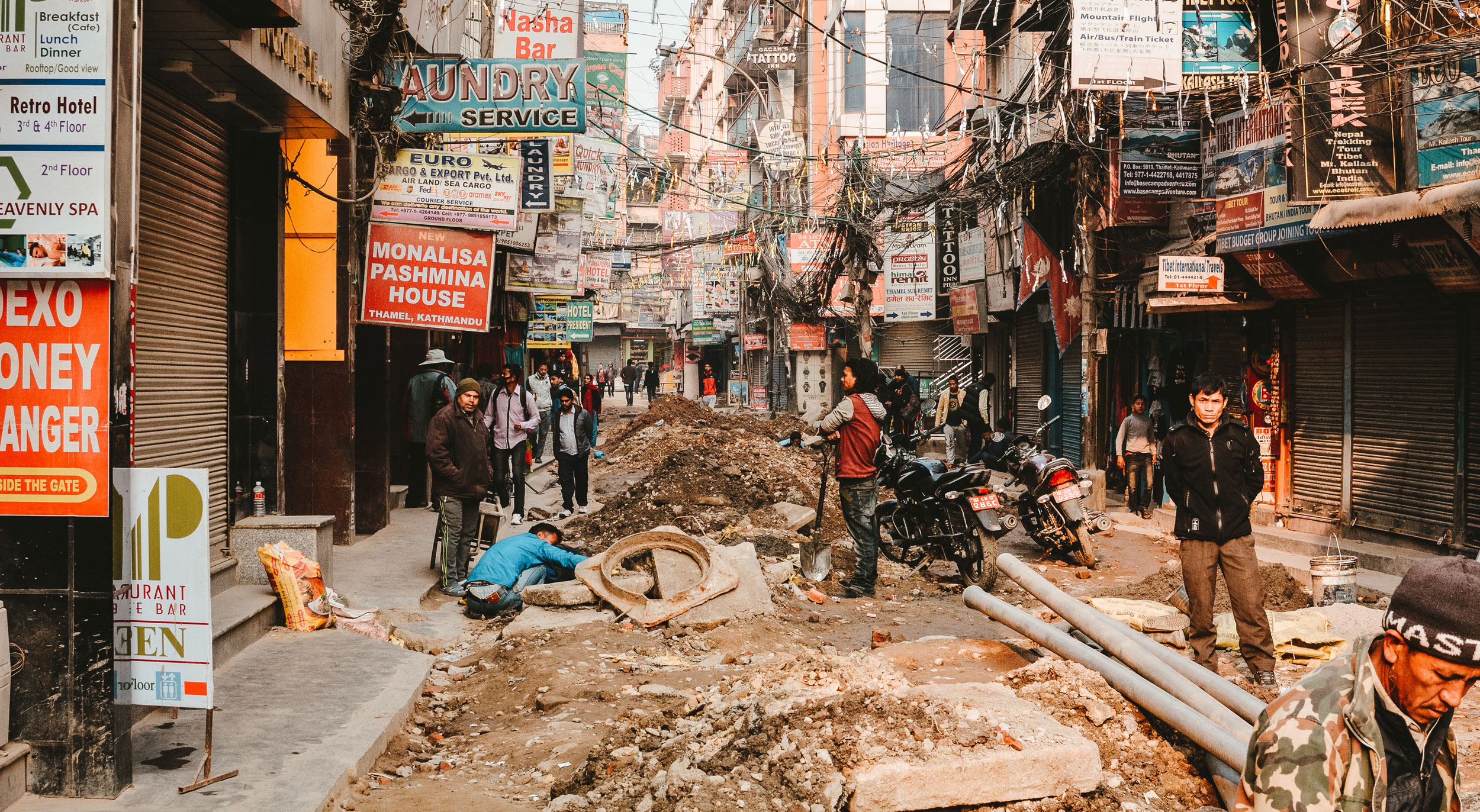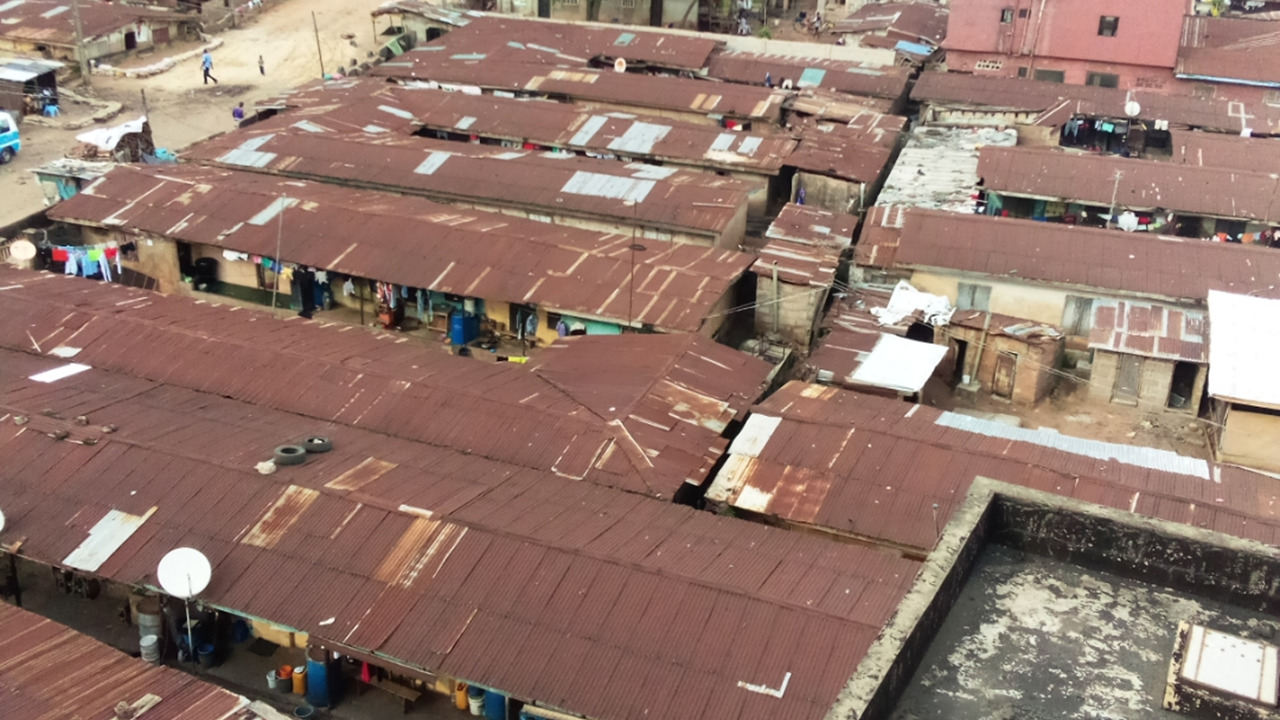
NIGERIA
Masculinity, boys and Men’s Health

NIGERIA
Masculinity, boys and Men’s Health
Masculinity and Health behaviour of boys and men towards HIV and STD: a study of internal migrants in Nigerian slums
In Nigeria, the key factors promoting antimicrobial resistance (AMR) were reported as poor unregulated antibiotic sales by informal service providers, the proliferation of unlicensed medicine stores, a limited number of licensed prescribers, and a lack of antimicrobial resistance awareness. The National Action Plan for Antimicrobial Resistance (2017–2022) documented that the wrong use of antibiotics was common in 42% of adults, and only 68.3% of adults used antibiotics following a prescription. AMR results in poorer health outcomes, longer hospitalization, increased cost to both the patient and the government, wastage of scarce resources, and increased mortality. Vulnerable populations, such as urban slum dwellers, experience a greater impact of AMR.
The aim of the study is to assess antimicrobial dispensing by informal healthcare providers and community consumption patterns in urban slums in Ebonyi State, Nigeria. It will also explore the social norms, ideologies, beliefs, and perceptions, as well as the intersecting social identities that influence antimicrobial dispensing and consumption. Through this, regulatory strategies for the rational use of antimicrobials will be informed.
This will be a cross-sectional study with a concurrent mixed-methods exploratory approach. Quantitative data will be collected from clients who come to patronize selected patent medicine shops using a pretested interviewer-administered questionnaire. Antimicrobials dispensed will also be collected, observed, and recorded using the WHO/International Network of Rational Use of Drugs (INRUD) prescribing indicators’ form to be adapted for the study. Focus group discussions will be conducted among clients of PMVs to explore the social norms, ideologies and beliefs that shape the consumption of antimicrobials from PMVs. In-depth interviews will also be conducted with PMVs to explore these issues as they relate to antimicrobial dispensing without prescription.
Lead Researcher: Dr. Aloysius Odii (Health Policy Research Group, University of Nigeria)
Co-Researchers: C.K. Akaero (University of NIgeria) and Chinazom Ekwueme (University of Nigeria Teaching Hospital)
Mentors: Dr. Chidi Ugwu, Medical Anthropoloist, University of Nigeria, and Dr. Chima Izugbara, International Centre for Research on Women, USA.
Partner Organisation: Equity Watch Initiative (EWIN)
Lead Institute: Health Policy Research Group, University of Nigeria



